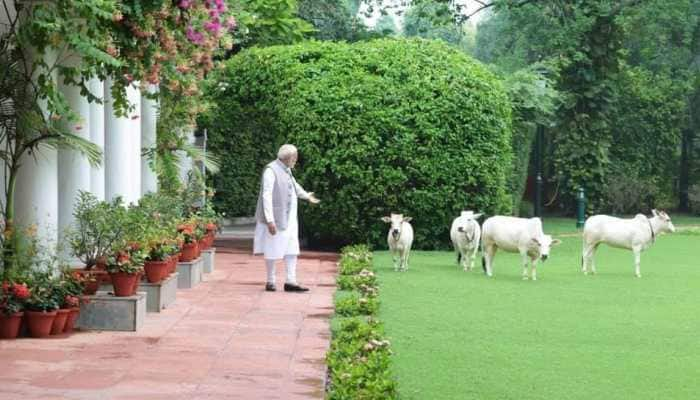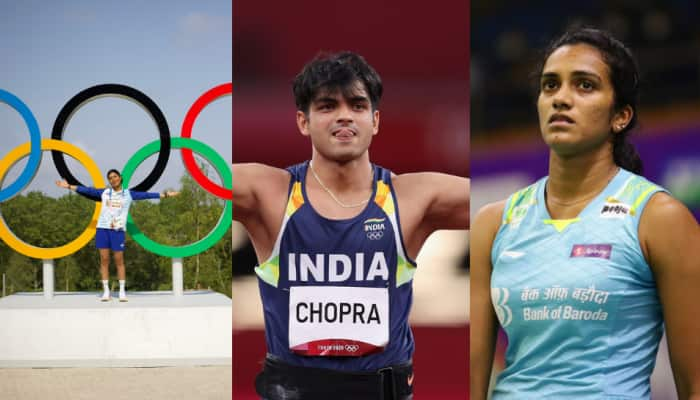Rahul Gandhi regrets using SC reference in 'chowkidar chor hai' remark over Rafale deal
Supreme Court last week issued a notice to Rahul Gandhi in connection to the contempt petition and sought an explanation from him.
Trending Photos
)
New Delhi: Congress president Rahul Gandhi on Monday filed his response to a contempt petition filed by Bharatiya Janata Party (BJP) Meenakshi Lekhi over his remark on the Rafale deal. Rahul said that he 'regrets' using Supreme Court's reference in 'chowkidar chor hai' remark and it was 'made in the heat of the political campaign.'
SC had last week issued a notice to Rahul Gandhi in connection to the contempt petition and sought an explanation from him.
In his response, the Congress president said that the statement was made in the "heat of political campaigning" but alleged that it has been "used and misused by political opponents."
"I will not attribute any views, observations or findings to the court in political addresses to the media and in public speeches, unless such views, observations or findings are recorded by the Court," Rahul Gandhi said.
"It is also clear that no court would ever do that (say Chowkidar Chor hai) and hence the unfortunate references (for which I express regret) to the court order and to the political juxtaposition in the same breath in the heat of the political campaigning," he added.
The Supreme Court will hear the matter on Tuesday.
After the apex court had dismissed preliminary objection raised by the Centre seeking review of the earlier judgment in the Rafale case, the Congress president remarked: "Supreme Court has said chowkidar chor hai in the verdict."
While making the observations last week, a bench headed by Chief Justice Ranjan Gogoi said: "We make it clear that views, observations, findings attributed to this court in the alleged speeches, remarks made by Gandhi to media/public have been incorrectly attributed to this court. We also make it clear that this court had no occasion to make such observation in as much as it was deciding legal admissibility of certain documents which were objected by the attorney general."
Live Tv







)
)
)
)
)
)
)
)
)
)
